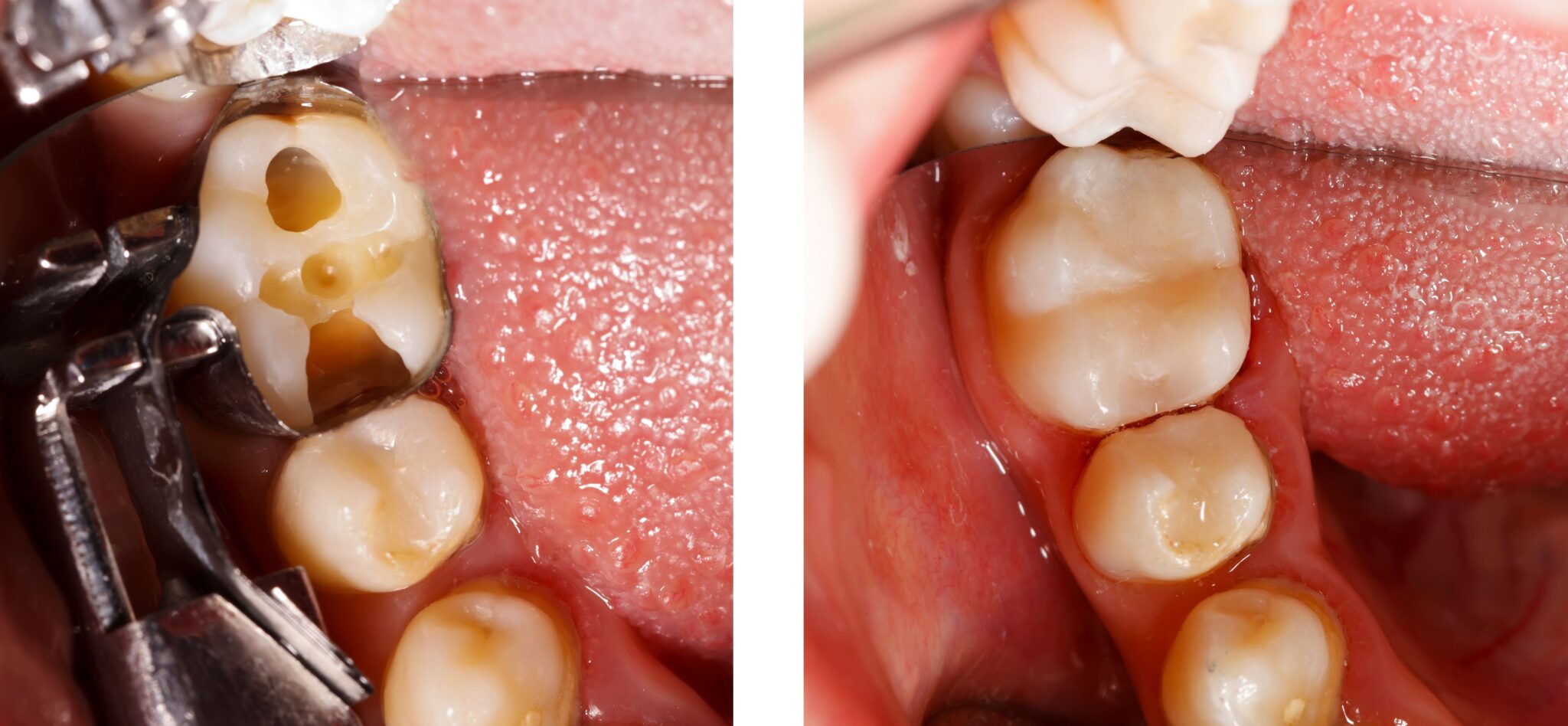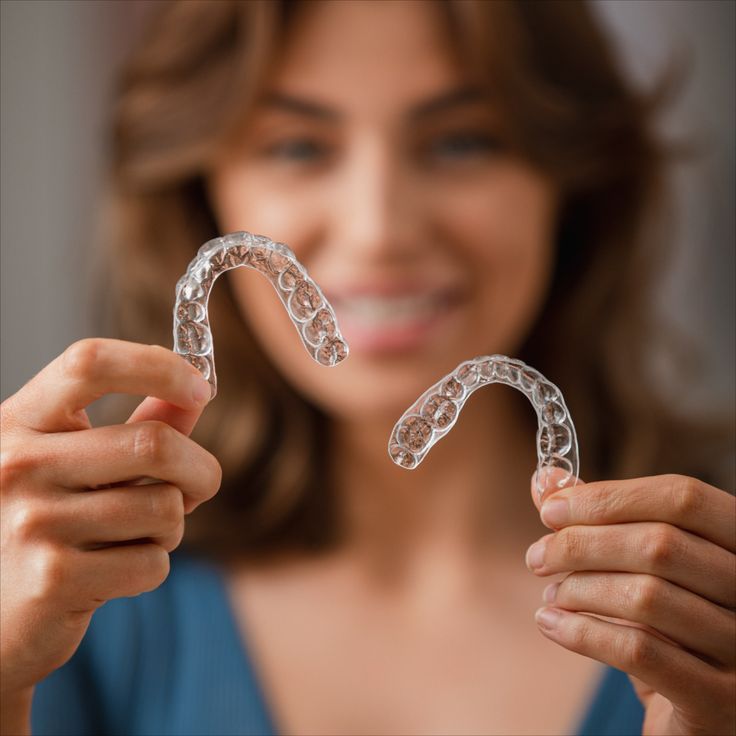Xylitol Reverse Cavities: Heal Tooth Decay
The concept of reversing cavities and healing tooth decay has long been a topic of interest in the field of dentistry. One substance that has garnered significant attention for its potential in achieving this goal is xylitol, a sugar substitute commonly used in sugar-free gum, candy, and other oral care products. Xylitol’s role in oral health is multifaceted, and its effects on tooth decay and the reversal of early stages of cavities are particularly noteworthy.
What is Xylitol?
Xylitol is a polyol, a type of sugar alcohol, that is derived from the bark of the birch tree or from corn cobs. It contains almost the same sweetness as sucrose but with approximately 40% fewer calories. Xylitol is not only used as a sweetener in foods and beverages but also in oral care products due to its unique properties that can inhibit the growth of bacteria in the mouth.
Mechanism of Action
The mechanism by which xylitol exerts its beneficial effects on teeth is primarily related to its impact on oral bacteria, particularly Streptococcus mutans. This bacterium is a significant contributor to tooth decay, as it metabolizes sugars and other carbohydrates to produce acid, which can demineralize tooth enamel and lead to cavities. Xylitol, however, is not fermentable by most oral bacteria, including S. mutans. When xylitol is consumed, it can lead to a decrease in the number of S. mutans and other harmful bacteria in the mouth.
Moreover, xylitol promotes saliva production, which is crucial for oral health. Saliva contains minerals such as calcium and phosphate, which can help remineralize teeth, thereby reversing early stages of tooth decay. The increase in saliva flow also aids in washing away bacteria and food particles, further protecting the teeth.
Clinical Evidence and Studies
Numerous clinical studies have been conducted to evaluate the efficacy of xylitol in preventing tooth decay and reversing early cavities. These studies have shown promising results, indicating that regular consumption of xylitol can significantly reduce the incidence of dental caries. For instance, a study involving children who chewed xylitol gum regularly demonstrated a substantial decrease in the development of new cavities compared to those who did not use xylitol products.
Considerations and Limitations
While xylitol presents a promising approach to preventing and reversing tooth decay, it is essential to consider its limitations and potential drawbacks. The effectiveness of xylitol can depend on several factors, including the frequency and duration of exposure, the amount consumed, and the individual’s overall oral health habits. Additionally, xylitol is not a replacement for regular dental hygiene practices such as brushing and flossing but rather a complementary tool.
Practical Applications and Recommendations
For individuals looking to utilize xylitol as part of their oral health regimen, several products are available, including sugar-free gum, toothpaste, and mouthwashes. The frequency of use can vary, but chewing xylitol gum after meals or snacking is a common recommendation to stimulate saliva production and reduce bacterial activity.
Conclusion
Xylitol offers a unique and natural approach to managing tooth decay and promoting oral health. Its ability to inhibit harmful bacteria and promote saliva production makes it an effective tool in the prevention and reversal of early stages of cavities. As with any health regimen, a balanced approach that includes regular dental care, a healthy diet, and the use of xylitol products can provide the best outcomes in maintaining good oral health and preventing tooth decay.
FAQ Section
Can xylitol completely reverse tooth decay?
+Xylitol can help reverse early stages of tooth decay by remineralizing tooth enamel and preventing further demineralization. However, it may not reverse advanced stages of cavities, which may require dental intervention.
How often should I consume xylitol products to see benefits?
+Regular consumption of xylitol products, ideally after meals and snacks, can be beneficial. The exact frequency may vary depending on individual oral health needs and the specific product used.
Are there any side effects of consuming xylitol?
+Xylitol is generally safe for consumption. However, excessive consumption can lead to gastrointestinal symptoms such as bloating, gas, and diarrhea in some individuals. It's also crucial to ensure that pets do not ingest xylitol, as it can be toxic to them.
Can children use xylitol products?
+Yes, xylitol products can be beneficial for children in preventing tooth decay. However, it's essential to choose products suitable for their age and to supervise their use to avoid choking hazards and ensure proper dosage.
Do I still need to see a dentist if I use xylitol products?
+Yes, regular dental check-ups are still essential for maintaining good oral health. Xylitol products are a supplement to, not a replacement for, regular dental care and hygiene practices.
Advanced Considerations
The integration of xylitol into oral health routines can be seen as part of a broader shift towards preventive and natural health practices. As research continues to uncover the benefits and potential applications of xylitol, it’s crucial for both dental professionals and the public to stay informed about the latest findings and recommendations.
In the context of global health, the availability and accessibility of xylitol products can vary significantly, impacting their potential to contribute to public health initiatives aimed at reducing tooth decay and improving oral health outcomes. Efforts to make xylitol products more widely available and to educate the public about their benefits could have a significant impact on oral health at the community and population levels.
As the dental and healthcare communities continue to explore and understand the full potential of xylitol, it remains a valuable tool in the fight against tooth decay, offering a promising avenue for preventive care that is both natural and effective.

